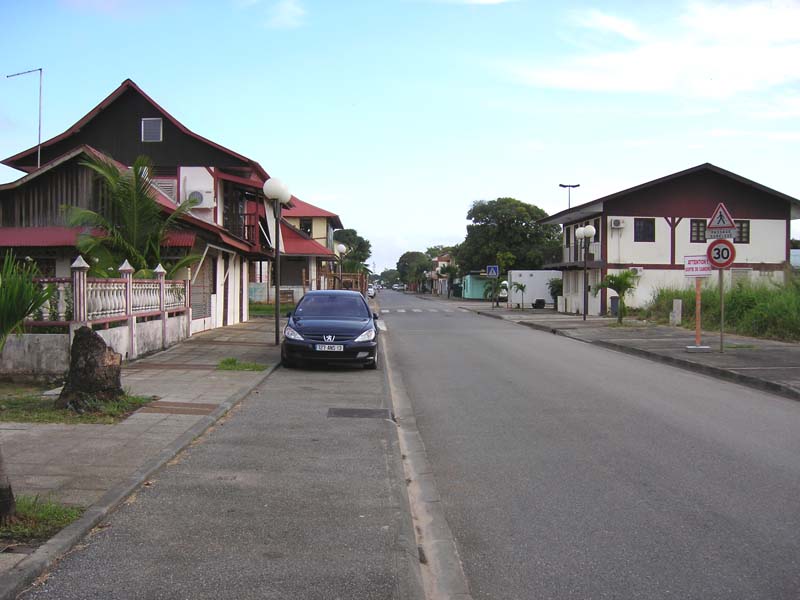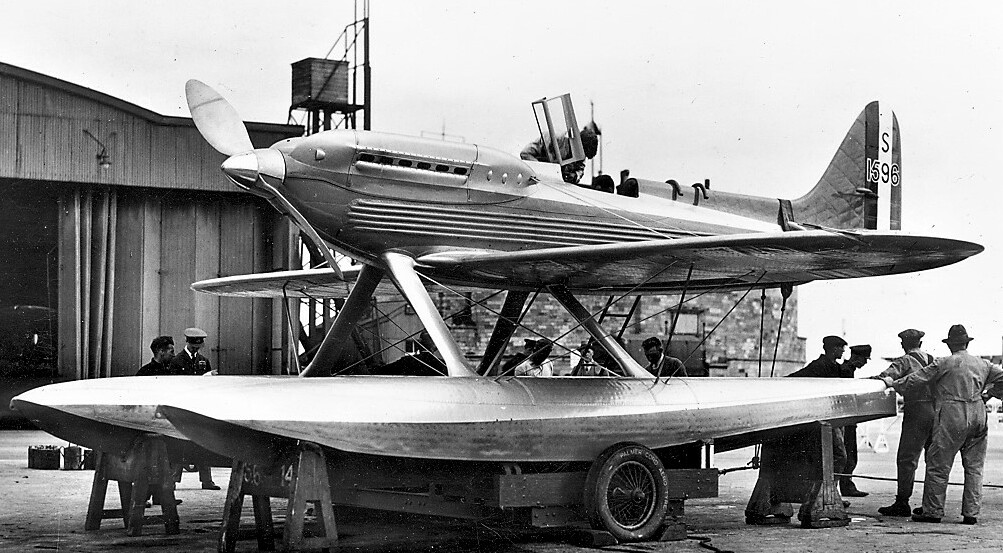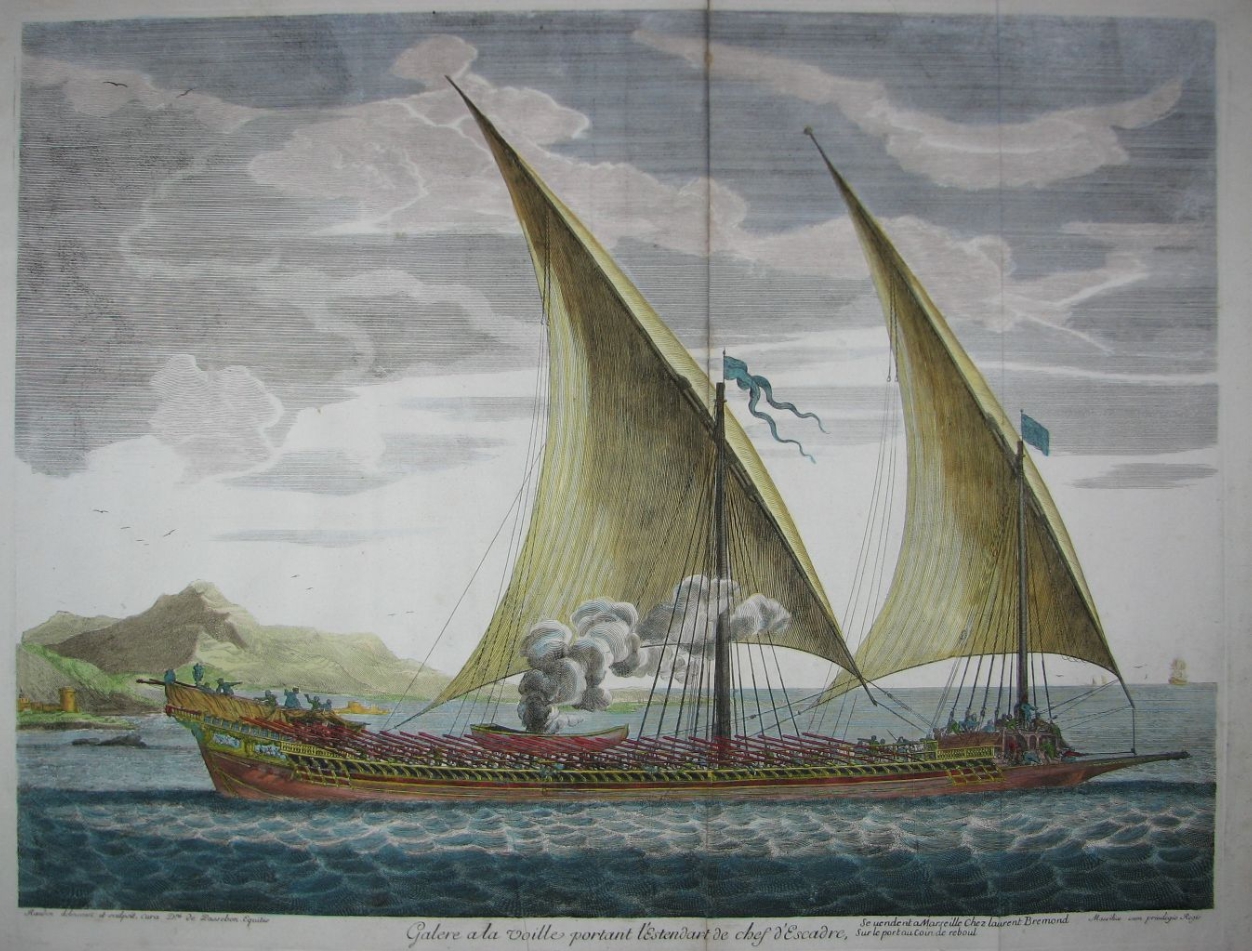|
Devil's Island
The penal colony of Cayenne ( French: ''Bagne de Cayenne''), commonly known as Devil's Island (''Île du Diable''), was a French penal colony that operated for 100 years, from 1852 to 1952, and officially closed in 1953, in the Salvation Islands of French Guiana. Opened in 1852, the Devil's Island system received convicts from the Prison of St-Laurent-du-Maroni, who had been deported from all parts of the Second French Empire. It was notorious both for the staff's harsh treatment of detainees and the tropical climate and diseases that contributed to high mortality, with a death rate of 75 percent at its worst. Devil's Island was also notorious for being used for the exile of French political prisoners, with the most famous being Captain Alfred Dreyfus, who had been wrongly accused of spying for Germany. The Dreyfus affair was a scandal extending for several years in late 19th- and early 20th-century France. Excerpt from the ''People's Almanac'', posted at "trivia-library. ... [...More Info...] [...Related Items...] OR: [Wikipedia] [Google] [Baidu] [Amazon] |
Kourou
Kourou (; ) is a commune in French Guiana, an overseas region and department of France in South America. Kourou is famous for being the location of the Guiana Space Centre, the main spaceport of France and the European Space Agency (ESA). It is an administrative district in French Guiana and the main town there. Geography Some northwest of the French Guianese capital Cayenne the Kourou River empties into the Atlantic Ocean. At the mouth of this river sits the town of Kourou, which is ringed by four hills: Carapa, Pariacabo, Café and Lombard, with the Singes and Condamine mountains not far behind. There are three lakes within the town's city limits: Lake Bois Diable (where one can take lessons in jetski and other aquatic sports), Lake Marie-Claire (the smallest and calmest), and Lake Bois Chaudat (the biggest of the three; also open to sport lovers, especially canoers and kayakers). Long white sand beaches and some rocky outcrops line the town's ocean coast, the riverbank ... [...More Info...] [...Related Items...] OR: [Wikipedia] [Google] [Baidu] [Amazon] |
Kingdom Of France
The Kingdom of France is the historiographical name or umbrella term given to various political entities of France in the Middle Ages, medieval and Early modern France, early modern period. It was one of the most powerful states in Europe from the High Middle Ages to 1848 during its dissolution. It was also an early French colonial empire, colonial power, with colonies in Asia and Africa, and the largest being New France in North America geographically centred around the Great Lakes. The Kingdom of France was descended directly from the West Francia, western Frankish realm of the Carolingian Empire, which was ceded to Charles the Bald with the Treaty of Verdun (843). A branch of the Carolingian dynasty continued to rule until 987, when Hugh Capet was elected king and founded the Capetian dynasty. The territory remained known as ''Francia'' and its ruler as ('king of the Franks') well into the High Middle Ages. The first king calling himself ('King of France') was Philip II of Fr ... [...More Info...] [...Related Items...] OR: [Wikipedia] [Google] [Baidu] [Amazon] |
Cuba
Cuba, officially the Republic of Cuba, is an island country, comprising the island of Cuba (largest island), Isla de la Juventud, and List of islands of Cuba, 4,195 islands, islets and cays surrounding the main island. It is located where the northern Caribbean Sea, Gulf of Mexico, and Atlantic Ocean meet. Cuba is located east of the Yucatán Peninsula (Mexico), south of both Florida and the Bahamas, west of Hispaniola (Haiti/Dominican Republic), and north of Jamaica and the Cayman Islands. Havana is the largest city and capital. Cuba is the List of countries and dependencies by population, third-most populous country in the Caribbean after Haiti and the Dominican Republic, with about 10 million inhabitants. It is the largest country in the Caribbean by area. The territory that is now Cuba was inhabited as early as the 4th millennium BC, with the Guanahatabey and Taino, Taíno peoples inhabiting the area at the time of Spanish colonization of the Americas, Spanish colonization ... [...More Info...] [...Related Items...] OR: [Wikipedia] [Google] [Baidu] [Amazon] |
Haiti
Haiti, officially the Republic of Haiti, is a country on the island of Hispaniola in the Caribbean Sea, east of Cuba and Jamaica, and south of the Bahamas. It occupies the western three-eighths of the island, which it shares with the Dominican Republic. Haiti is the third largest country in the Caribbean, and with an estimated population of 11.4 million, is the most populous Caribbean country. The capital and largest city is Port-au-Prince. Haiti was originally inhabited by the Taíno people. In 1492, Christopher Columbus established the first European settlement in the Americas, La Navidad, on its northeastern coast. The island was part of the Spanish Empire until 1697, when the western portion was Peace of Ryswick, ceded to France and became Saint-Domingue, dominated by sugarcane sugar plantations in the Caribbean, plantations worked by enslaved Africans. The 1791–1804 Haitian Revolution made Haiti the first sovereign state in the Caribbean, the second republic in the Americ ... [...More Info...] [...Related Items...] OR: [Wikipedia] [Google] [Baidu] [Amazon] |
Algeria
Algeria, officially the People's Democratic Republic of Algeria, is a country in the Maghreb region of North Africa. It is bordered to Algeria–Tunisia border, the northeast by Tunisia; to Algeria–Libya border, the east by Libya; to Algeria–Niger border, the southeast by Niger; to Algeria–Western Sahara border, the southwest by Mali, Mauritania, and Western Sahara; to Algeria–Morocco border, the west by Morocco; and to the north by the Mediterranean Sea. The capital and List of cities in Algeria, largest city is Algiers, located in the far north on the Mediterranean coast. Inhabited since prehistory, Algeria has been at the crossroads of numerous cultures and civilisations, including the Phoenicians, Numidians, Ancient Rome, Romans, Vandals, and Byzantine Greeks. Its modern identity is rooted in centuries of Arab migrations to the Maghreb, Arab Muslim migration waves since Muslim conquest of the Maghreb, the seventh century and the subsequent Arabization, Arabisation ... [...More Info...] [...Related Items...] OR: [Wikipedia] [Google] [Baidu] [Amazon] |
Civil Law (legal System)
Civil law is a legal system rooted in the Roman Empire and was comprehensively codified and disseminated starting in the 19th century, most notably with France's Napoleonic Code (1804) and Germany's (1900). Unlike common law systems, which rely heavily on judicial precedent, civil law systems are characterized by their reliance on legal codes that function as the primary source of law. Today, civil law is the world's most common legal system, practiced in about 150 countries. The civil law system is often contrasted with the common law system, which originated in medieval England. Whereas the civil law takes the form of legal codes, the common law comes from uncodified case law that arises as a result of judicial decisions, recognising prior court decisions as legally binding precedent. Historically, a civil law is the group of legal ideas and systems ultimately derived from the '' Corpus Juris Civilis'', but heavily overlain by Napoleonic, Germanic, canonical, feuda ... [...More Info...] [...Related Items...] OR: [Wikipedia] [Google] [Baidu] [Amazon] |
Napoleon III
Napoleon III (Charles-Louis Napoléon Bonaparte; 20 April 18089 January 1873) was President of France from 1848 to 1852 and then Emperor of the French from 1852 until his deposition in 1870. He was the first president, second emperor, and last monarch of France. Prior to his reign, Napoleon III was known as Louis Napoleon Bonaparte. He was born at the height of the First French Empire in the Tuileries Palace at Paris, the son of Louis Bonaparte, King of Holland (r. 1806–1810), and Hortense de Beauharnais, and paternal nephew of the reigning Emperor Napoleon I. It would only be two months following his birth that he, in accordance with Napoleon I's dynastic naming policy, would be bestowed the name of Charles-Louis Napoleon, however, shortly thereafter, Charles was removed from his name. Louis Napoleon Bonaparte was the first and only president of the French Second Republic, 1848 French presidential election, elected in 1848. He 1851 French coup d'état, seized power by force i ... [...More Info...] [...Related Items...] OR: [Wikipedia] [Google] [Baidu] [Amazon] |
Recidivism
Recidivism (; from 'recurring', derived from 'again' and 'to fall') is the act of a person repeating an undesirable behavior after they have experienced negative consequences of that behavior, or have been trained to Extinction (psychology), extinguish it. Recidivism is also used to refer to the percentage of former prisoners who are rearrested for a similar offense. The term is frequently used in conjunction with criminal behavior and substance abuse. ''Recidivism'' is a synonym of ''relapse'', which is more commonly used in medicine and in the disease model of addiction. Causes A 2011 study found that harsh prison conditions, including isolation, tended to increase recidivism, though none of these effects were statistically significant. Various researchers have noted that Loss of rights due to felony conviction, prisoners are stripped of civil rights and are reluctantly absorbed into communities – which further increases their alienation and isolation. Other c ... [...More Info...] [...Related Items...] OR: [Wikipedia] [Google] [Baidu] [Amazon] |
Centime
Centime (from ) is French language, French for "Cent (currency), cent", and is used in English as the name of the fraction currency in several Francophone countries (including Switzerland, Algeria, Belgium, Morocco and France). In France, the usage of ''centime'' goes back to the introduction of the decimal currency, decimal monetary system under Napoleon. This system aimed at replacing non-decimal fractions of older coins. A five-centime coin was known as a ''sou'', i.e. a Solidus (coin), solidus or shilling. In Francophone Canada of a Canadian dollar is officially known as a ''cent'' (pronounced /sɛnt/) in both English and French. However, in practice, the form of ''cenne'' (pronounced /sɛn/) has completely replaced the official ''cent''. Spoken and written use of the official form ''cent'' in Francophone Canada is exceptionally uncommon. In the Canadian French vernacular ''sou'', ''sou noir'' ( means "black" in French), ''cenne'', and ''cenne noire'' are all widely known ... [...More Info...] [...Related Items...] OR: [Wikipedia] [Google] [Baidu] [Amazon] |
Float (nautical)
A float (also called a pontoon) is an airtight hollow structure, similar to a pressure vessel, designed to provide buoyancy in water. Its principal applications are in hull (watercraft), watercraft hulls, Floatplane, aircraft floats, Floating dock (jetty), floating piers, aquaculture, pontoon bridge, pontoon bridges, and marine engineering applications such as marine salvage, salvage. Applications Floats make up the multipart hulls of catamarans and trimarans and provide buoyancy for floatplanes, seaplanes and houseboats. They are used in pontoon bridges, floating piers, and floats anchored to the seabed for recreation or dockage. They are also used in shipbuilding and marine salvage, often deployed uninflated then pressurized to raise a sunken object. In military, floats are used as pontoon bridges or transportation platforms for heavier vehicles or machinery. In popular usage, the term ''pontoon'' can refer to any of several of the following objects that make use of nautical ... [...More Info...] [...Related Items...] OR: [Wikipedia] [Google] [Baidu] [Amazon] |
Hulk (ship Type)
A hulk is a ship that is afloat, but incapable of going to sea. 'Hulk' may be used to describe a ship that has been launched but not completed, an abandoned wreck or shell, or a ship whose propulsion system is no longer maintained or has been removed altogether. The word hulk also may be used as a verb: a ship is "hulked" to convert it to a hulk. The verb was also applied to crews of Royal Navy ships in dock, who were sent to the receiving ship for accommodation, or "hulked". Hulks have a variety of uses such as housing, prisons, salvage pontoons, gambling sites, naval training, or cargo storage. In the age of sail, many hulls served longer as hulks than they did as functional ships. Wooden ships were often hulked when the hull structure became too old and weak to withstand the stresses of sailing. More recently, ships have been hulked when they become obsolete or when they become uneconomical to operate. Sheer hulk A ''sheer hulk'' (or ''shear hulk'') was used in shipbuildi ... [...More Info...] [...Related Items...] OR: [Wikipedia] [Google] [Baidu] [Amazon] |
Galley
A galley is a type of ship optimised for propulsion by oars. Galleys were historically used for naval warfare, warfare, Maritime transport, trade, and piracy mostly in the seas surrounding Europe. It developed in the Mediterranean world during Classical antiquity, antiquity and continued to exist in various forms until the early 19th century. It typically had a long, slender hull, shallow draft (hull), draft, and often a low freeboard (nautical), freeboard. Most types of galleys also had sails that could be used in favourable winds, but they relied primarily on oars to move independently of winds and currents or in battle. The term "galley" originated from a Greek term for a small type of galley and came in use in English from about 1300. It has occasionally been used for unrelated vessels with similar military functions as galley but which were not Mediterranean in origin, such as medieval Scandinavian longships, 16th-century Ghali (ship), Acehnese ghalis and 18th-century North ... [...More Info...] [...Related Items...] OR: [Wikipedia] [Google] [Baidu] [Amazon] |





